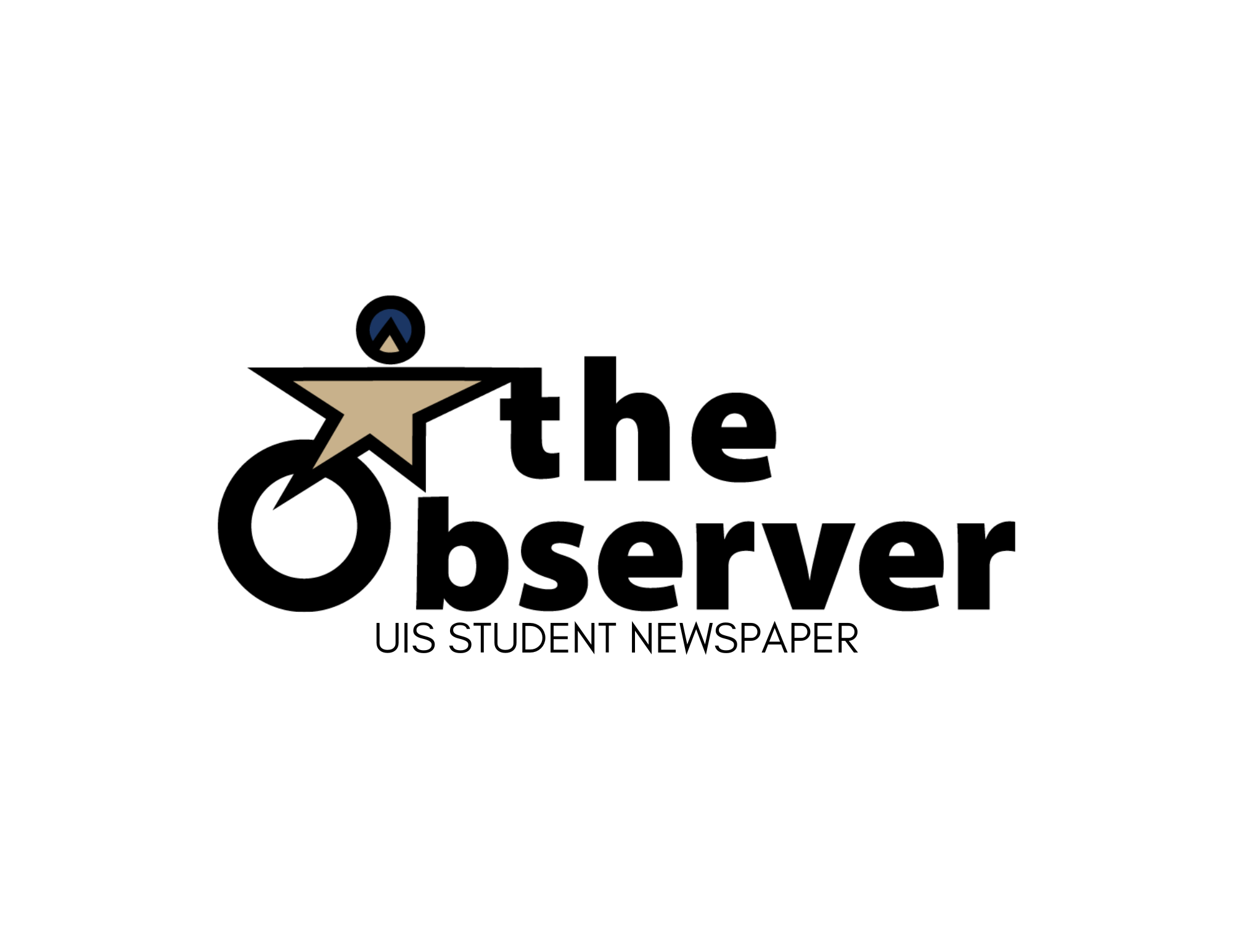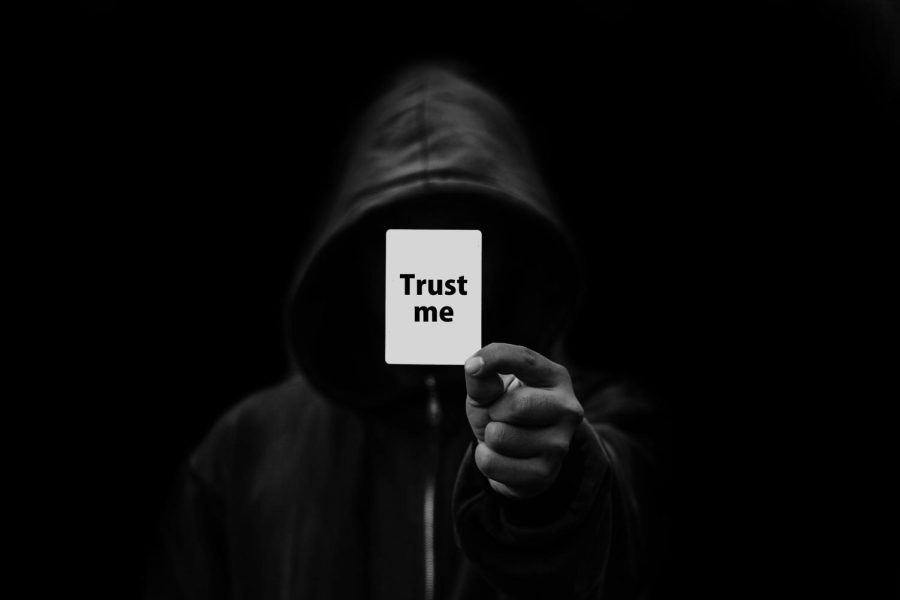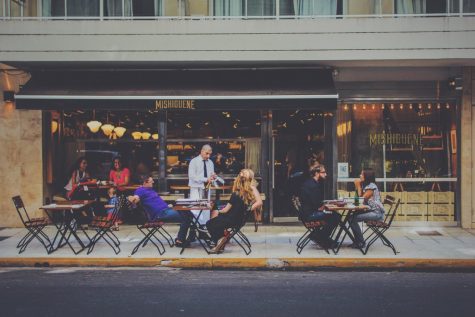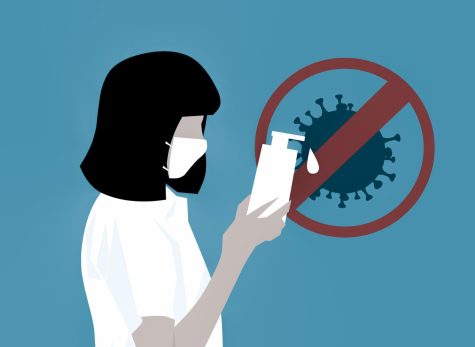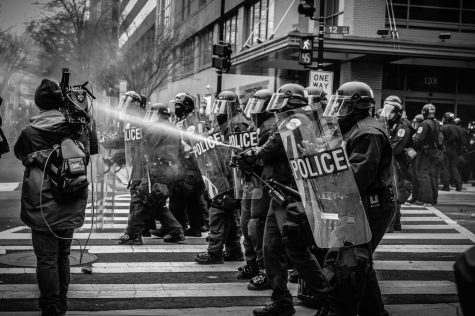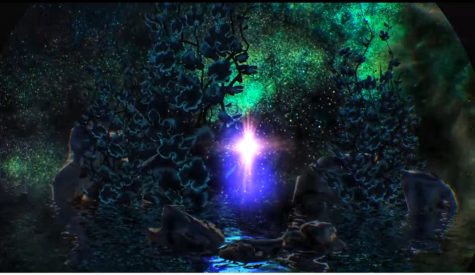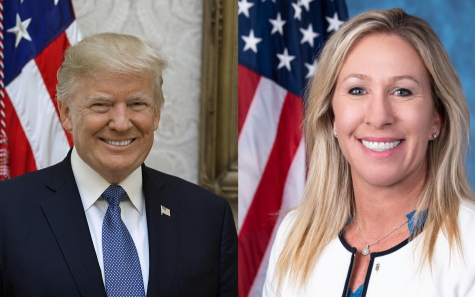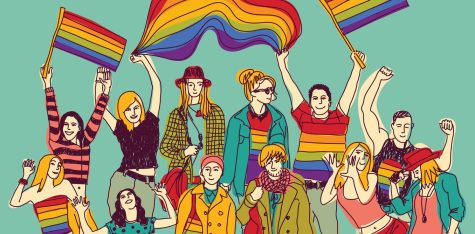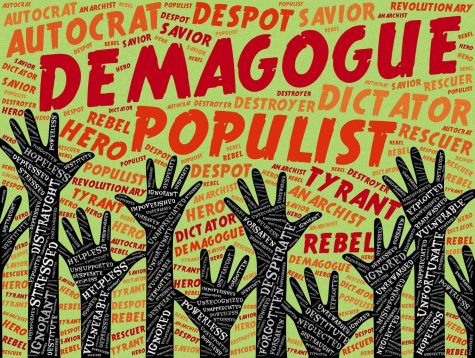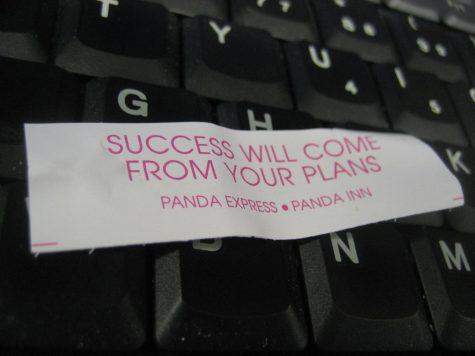BEYOND | The New Normal of Partisanship in a Post-Truth World
As a working mother of two small boys, Emily Ashmead and her husband have had a lot to deal with over the last year. While it can be a demanding task raising a young family under normal circumstances, these past several months have created unique challenges. But it has also brought some surprising perspectives to some people, like Ashmead. Parents and non-parents alike are caught in a political spectrum that no longer revolves around a simple opinion.
Today everyone’s life seems to depend on the political affiliation of the people around them.
“The past year has been hard. I think everyone is at their wit’s end and, in turn, are making some bad decisions,” said Ashmead. “In the past, when big things happened to our country, it seemed to unite us, but this has gone completely opposite.”
She added: “I never knew a fact-based medical condition could become a problem of politics, but I was wrong. It’s been shocking and sad to see so many of my friends attack each other over what seems to be a one-sided issue.… People are getting sick and dying, so I’ll do everything I can think of to stop that from happening. People are always more important than politics to me, so doing the little things like wearing a mask or getting a shot is easy. I’m a registered independent voter, but I’m leaning more Democrat all the time because the way they handled COVID more aligns with my opinions.”
Politics is a funny thing. Between the juxtaposition of a changing world and long-standing traditions in government lies a world of ever-changing values and goals.
Some people are passionate about politics. Others hardly even pay attention. But in the end, we are all affected by politics and the effort of politicians working in our government. COVID-19 has added another slab onto the seemingly unending layers of nuance and pressure that politics involves.
After the 2016 election, matters of the state became a focus of discussion for numerous households that had never touched on the subject previously: sides were chosen, tempers flared and divisions expanded. Then COVID came, and it was like using a glass to magnify the heat of the sun.
Things were already intense because of issues related to income disparity and racial tensions. Most people were feeling frustrated and helpless before the pandemic – after, everything was that much worse.
The pandemic in and of itself is such a unique experience. Usually, significant events like natural disasters affect a portion of the people in our country. However, with COVID, everyone has been affected and all have made adjustments and sacrifices in our lives. Some have sacrificed time with their families, livelihoods and sometimes even personal safety to care for others.
Usually, during significant events, a plan is in place, precautions are taken for known dangers. For example, cordoning off areas affected in a hurricane or earthquake are cordoned off, allowing only the experts access to maintain safety. During COVID, there were no safe spaces, no experienced experts, no set plan of action. No one knew what to do or what not to do. But everyone desperately wanted someone to take charge and make things better. Many in the medical and political field stepped up to act, and lines became blurred. The government was running medicine and medicine was running the government. As a result, chaos has spread almost as fast as the virus.
A desire to control this chaos has led to some of the strictest mandates and restrictions ever placed on the United States. Compounding the uncertainty are the inconsistent messages given as reasoning for impositions and restrictions.
“I trust institutions less, my trust in government was already pretty much eroded before all this, but this just kind of exemplifies some of that,” said Kory Stone of Mattoon, Illinois.
Keenly interested in science, but not as a scientist by profession, Stone said he had more hope in the scientific community.
“I always thought it was maybe just a little more pure but I’ve come to find out it’s not, you know in how much money and stuff influences it, which has always been evident, but it’s just so blatant nowadays,” Stone said. “So, it’s not about political parties necessarily. It’s just about corruption in government and big business and pharmaceuticals or even big nonprofit organizations.”
Megan Rich of Litchfield, Illinois, like Ashmead also a young married mother, has not found things to be as one-sided, but instead has feelings of mistrust similar to Stone’s, who has no children of his own. Rich explained how media rumors after Trump was elected had her believing his administration would lead the nation into World War III. But, she says, “I remember feeling relieved when we made it through his first year in term.”
“One day I read an article that stated that under his administration President Trump would have to maneuver through our nation’s next pandemic. I chalked it up to social media rumors again and dismissed it,” Rich said. “However, in March 2020, when our state shut down for a Shelter in Place order, I found myself wondering if the pandemic was indeed a ‘Plan-Demic.’ ”
Rich said she believes COVID-19 is real, but she also thought Trump received a lot of backlash.
“It honestly seemed to me that the sickness, death, trauma, fear and despair was indeed furthering the Democratic agenda,” Rich said.
It has become evident that many people feel insecure and uncomfortable with our government and its handling of the pandemic. Still, others feel just the opposite, with more trust in government than their fellow citizens. One thing is sure; there are as many opinions in the U.S. as there are people.
Many people, like Rich, are willing to compromise but feel the actual needs of their family are getting lost in fights over things like mask mandates. She said her children’s personalities have changed, and her boys are afraid to go into public places without masks.
“My husband and I have never discouraged masks,” Rich said. “We talk about school settings optimistically. I never want my three children to feel like a mask will ruin their day or keep them from thriving, but it’s sad to hear them communicate that they’re afraid if they test positive for COVID-19 that it means they’ll die. Those conversations make me want to turn off media and ignore politics and stray from the supposed ‘science’ I am being presented with.”
Dave White of Fillmore has similar feelings about the fearmongering associated with the pandemic.
“I have stopped watching the news as much because I don’t care to hear about how many new COVID cases/deaths there are,” said White, who believes the state’s numbers are manipulated to push a political agenda.
“As far as the lockdowns. I understood last year, at first, but to me it’s not dangerous enough to bankrupt middle-class America and also now everyone is seeing the result of the lockdown with no help, no products available etc.,” White said.
He added: “If you choose to vaccinate or not, your choice. Same as masks. If you are concerned with your health then you can personally choose to stay home, mask up or whatever your particular opinion is.”
White has had COVID twice himself and had begun to consider taking the vaccine but changed his mind after seeing that the government was imposing their will on his personal health choices.
“I was on the fence as to getting the vaccine after my second and more serious COVID [infection], but then when our president demands we all get it or else – such as losing jobs, not traveling, withholding taxpayer-provided programs. Nope.” White said. “I jumped right off the fence. No vaccine for me.”
White’s wife, Lisa, on the other hand is vaccinated. While many are frustrated and engaging in politics, Lisa White said she remains uninterested in politics and also questions much of what is said in politics and the media.
“I don’t live in fear nor am I angry. I just live,” Lisa White said.
Sara Mullen is a second-year student at Lincoln Land Community College. She plans on continuing her education at Brigham Young University, where her focus will be Constitutional Law.


